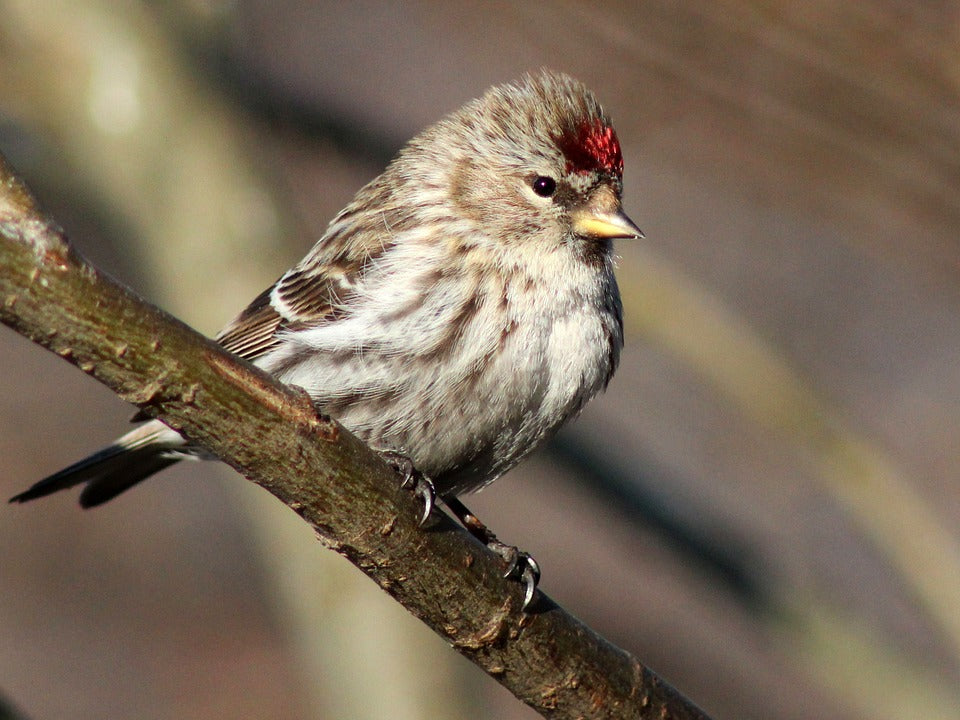Offer
Provide additional details about the offer you're running.
Provide additional details about the offer you're running.
Provide additional details about the offer you're running.

First established in the United Kingdom, a fatal parasitic disease known as trichomonosis made landfall on Canada’s shores back in 2007 for the first time. The disease began by affecting pigeons, doves, and raptors exclusively and as such, earned other commonly known names such as canker and frounce in these respective species.
Since the first documented case in 2007 in the Canadian Maritimes, the disease has been encountered in a select few passerine species, causing concern among birders and wildlife biologists worldwide.
What is Trichomonosis?
This infectious disease is caused by the microscopic parasite Trichomonas gallinae and inhabits the upper digestive tract, liver, lungs, air sacs, internal body lining, pancreas, bones, and sinuses of the skull. Infected birds will often appear to be lethargic and can be seen drooling saliva, regurgitating food and can demonstrate difficulty breathing paired with a swollen neck and/or throat. Given the affect this disease has on the digestive system, affected birds are often observed with matted, wet plumage in and around their head and breast.
Containment and Prevention
Given the fact that it is believed that the main source of transmission originates from bird feeders and bird baths, the Canadian Wildlife Health Cooperative has released their recommendations on how to properly manage and hopefully contain the fatal disease.
High Quality Blend